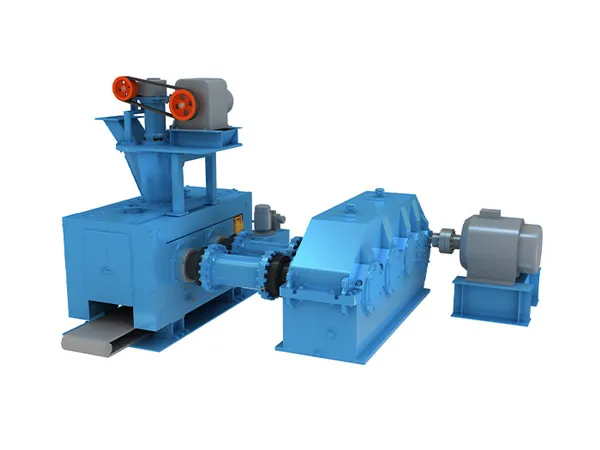Briquetting machines, also known as briquette presses, are used to compress loose materials into compact, uniformly sized briquettes. These briquettes have a variety of applications, making briquetting a valuable process across several industries.
Briquetting Machine Applications

1. Fuel Production & Biomass Energy
Biomass Briquettes: This is perhaps the most common application. Briquetting agricultural waste like sawdust, rice husk, sugarcane bagasse, corn stalks, groundnut shells, and forest residues into solid fuel briquettes. These briquettes are used for:
Heating Homes and Buildings: A sustainable and often cheaper alternative to wood, coal, or LPG for domestic heating.
Industrial Boilers: Providing heat for various industrial processes, such as steam generation.
Power Generation: Burning briquettes in power plants to generate electricity.
Cooking Fuel: Especially in developing countries, where wood and charcoal are primary cooking fuels. Briquettes can be cleaner-burning and more efficient.
Coal Briquettes: Pulverized coal fines, which are difficult to handle and burn efficiently, are briquetted for:
Household Heating: A more convenient and cleaner way to use coal for domestic heating.
Industrial Furnaces and Boilers: Providing consistent and reliable fuel for industrial processes.
Coke Production: Used as a precursor for coke production in metallurgical processes.
Charcoal Briquettes: Charcoal dust and fines, often generated during charcoal production, are compressed into briquettes for:
Barbecue Fuel: A clean-burning and long-lasting fuel source for grilling.
Shisha (Hookah) Charcoal: Producing specific types of charcoal for shisha smoking.
2. Waste Management and Recycling
Metal Scrap Briquetting: Compressing metal turnings, chips, and swarf (from machining processes) into dense briquettes for:
Recycling: Making the metal scrap easier to handle, transport, and remelt, increasing recycling efficiency.
Volume Reduction: Significantly reducing the volume of metal waste, saving storage space and transportation costs.
Oil Recovery: In some cases, briquetting processes can recover cutting oils from the metal scrap.
Paper and Cardboard Waste: Briquetting paper and cardboard waste for:
Recycling: Making it easier and more cost-effective to transport and process for paper pulp production.
Fuel: (Less common) Used as a component in alternative fuel mixtures.
Plastic Waste: While less common due to challenges in processing, certain types of plastic waste can be briquetted for:
Recycling: Improving the efficiency of plastic recycling processes.
…
More detailed information about the main applications of briquetting machines can be found at: https://www.zymining.com/en/a/news/briquetting-machine-applications.html



